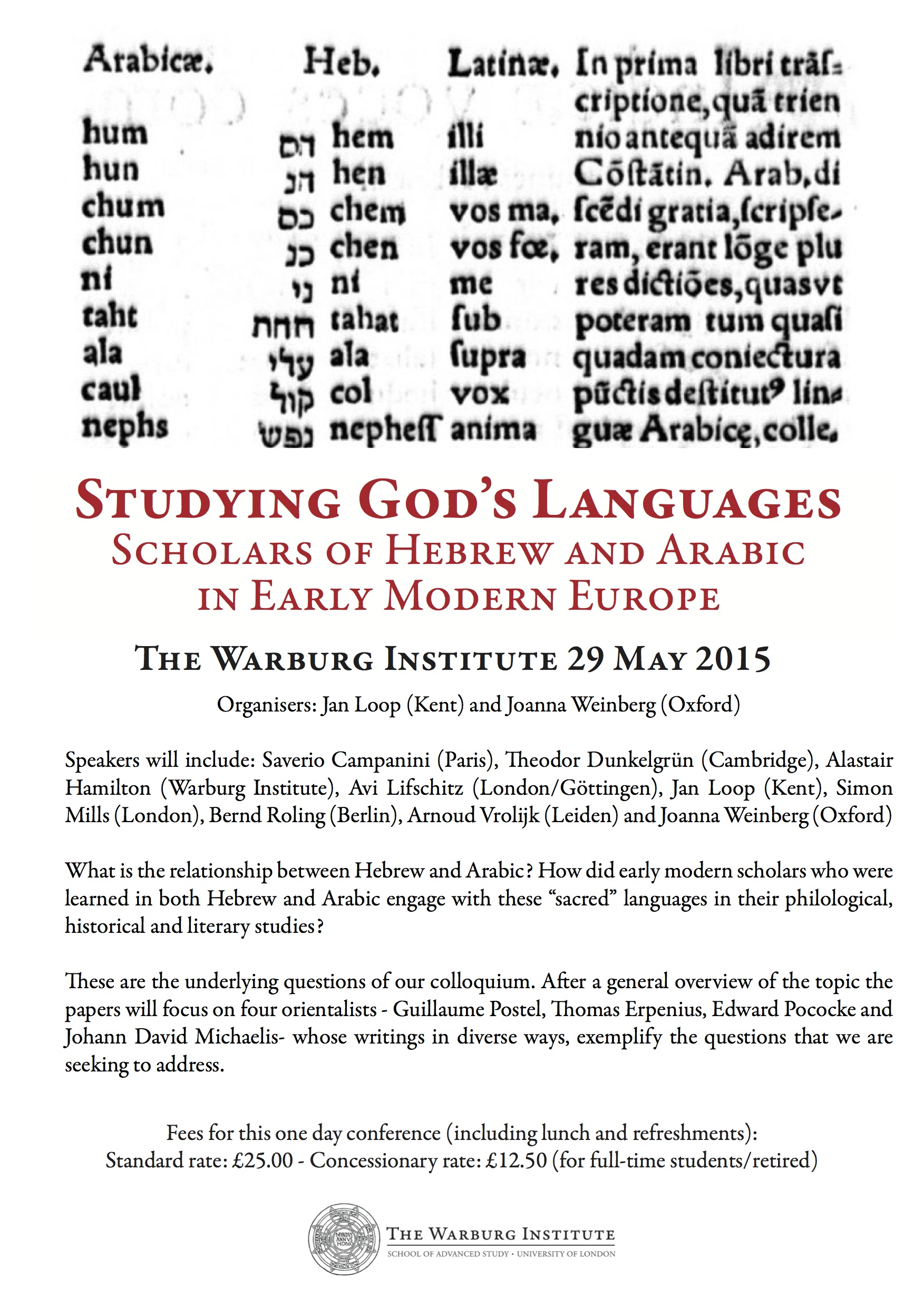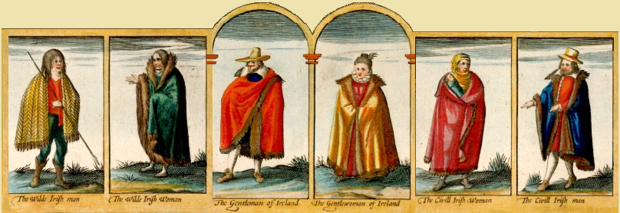Samuel Daniel was a very considerable and prolific poet, writer, historian and man of letters. He is however the least studied and least understood of the major Elizabethans. Daniel was taught at Oxford by John Florio, and he did much to introduce Italian sweetness and ease of writing into the bloodstream of English poetry. He was also an impressive historian. He had extensive personal connections with the rich and powerful of the day, and with leading scholars, antiquarians, lawyers and academics. Daniel’s brother, John Danyel (1564-1625), was a musician of the first rank, who wrote songs and lute pieces that by general agreement keep company with Dowland’s finest compositions. The Daniel brothers, who were very close, collaborated fruitfully on several occasions, but their work together has rarely been looked at.
This is the context for this interdisciplinary Conference, which will explore the full range of Daniel’s interests in poetry, history and music, and how these come together in his work. Specific attention will be paid to the influence of the continental Renaissance on his writing, his importance as a student of history, especially medieval history, his achievements as a poet and writer, and his links to the world of music and the arts, through his brother John Danyel and others, Ferrabosco and Inigo Jones among them. Other speakers will consider Daniel’s special place in the history of ethical writing in verse, his high standing among Jacobeans—writers and readers, poets and dons—his masques, his translations, his conversation and his portraits.
There will be a concert of John Danyel’s music, with some poetry from Samuel Daniel, on the Thursday evening, 10 September, at the Britten Theatre. This will be led by Sam Brown of the Royal College of Music. The Conference will include many firsts—including a reading of the prose History, and staged readings at the concert of ‘Ulysses and the Siren’ and selections from Musophilus in association with Globe Education, and performed by the Dolphin’s Back theatre company. There is a programme of seven academic panels in sequence (no parallel sessions) over the two days, with two or three 20-minute papers in each, from 21 speakers.
John Pitcher of St John’s College Oxford and Yasmin Arshad of UCL are the organizers of the conference. Pitcher is the Oxford editor of Daniel and has published a dozen essays and editions of Daniel’s work. Arshad has published on Daniel and mounted the highly successful UCL production of Daniel’s The Tragedy of Cleopatra in 2013.
After the Conference, the papers will be considered in terms of where they might be best published—perhaps some in a special issue of one of the early modern journals, others in a themed book of chapters, ‘Samuel Daniel: the other side of Elizabethan civilized life’, for instance, or ‘Samuel Daniel: the importance of poetry’. Papers on John Danyel will be gathered together as well, where possible in relation to his brother. It is intended to announce at the Conference that the first volumes of the OUP edition of Daniel will be heading to the Press.
Confirmed Speakers include: Warren Boutcher (QMUL); Christopher Goodwin (Lute Society); Karen Hearn (formerly of the Tate, Hon. Professor UCL).
Conference Organizers: John Pitcher (St John’s College, Oxford) & Yasmin Arshad (UCL)
For Conference Registration (which includes lunch and refreshments on both days and the concert ticket) please visit: http://onlinestore.ucl.ac.uk/browse/product.asp?compid=1&modid=2&catid=153
Early booking is suggested as space is limited. We have a number of graduate bursaries generously made available by the SRS. Please contact us about this, and with any other queries at danielconference@ucl.ac.uk.

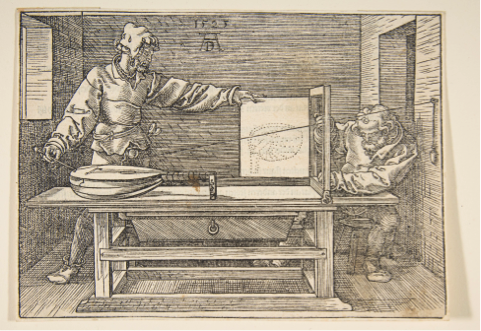
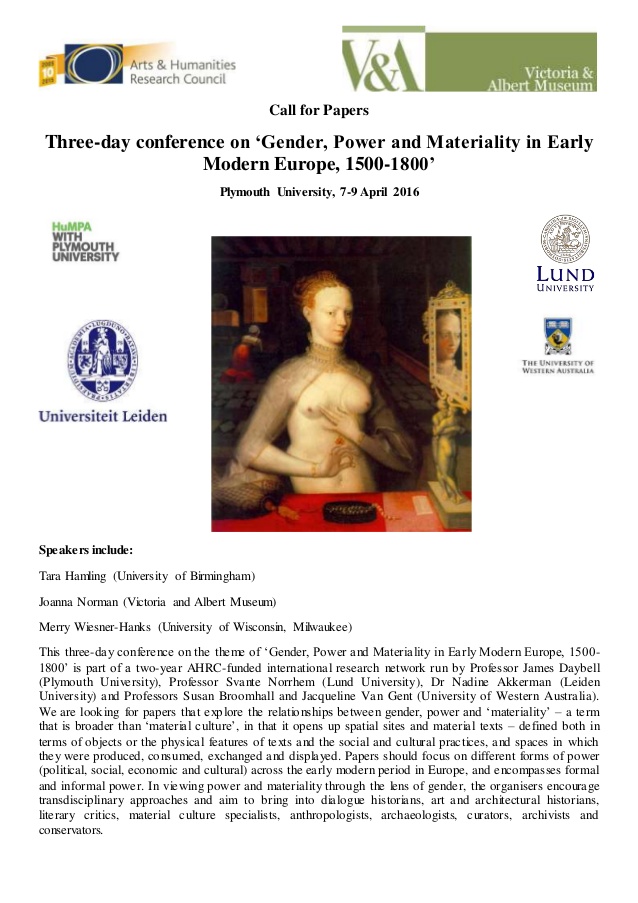
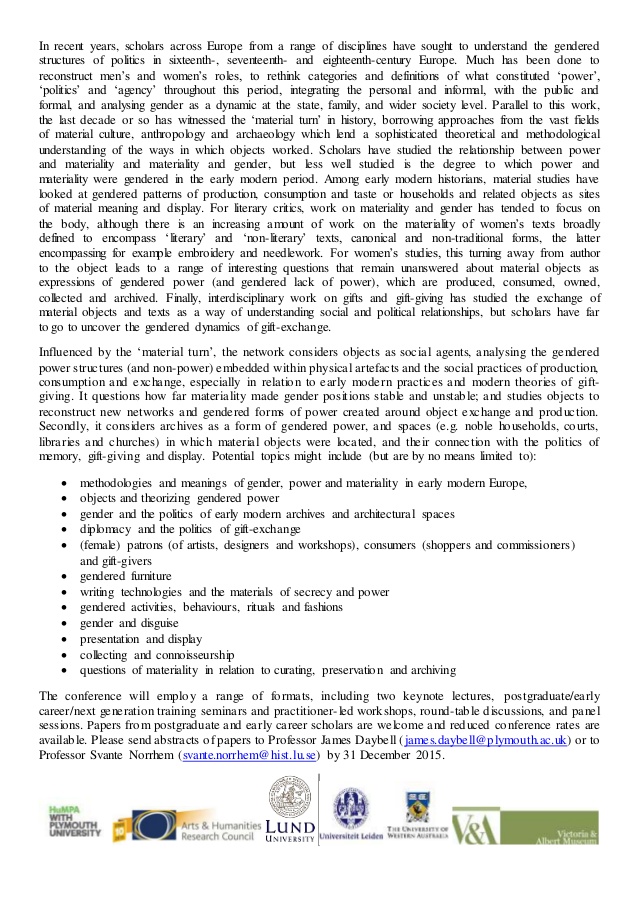
 Samuel Daniel, Poet and Historian
Samuel Daniel, Poet and Historian